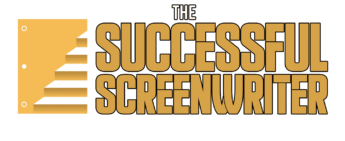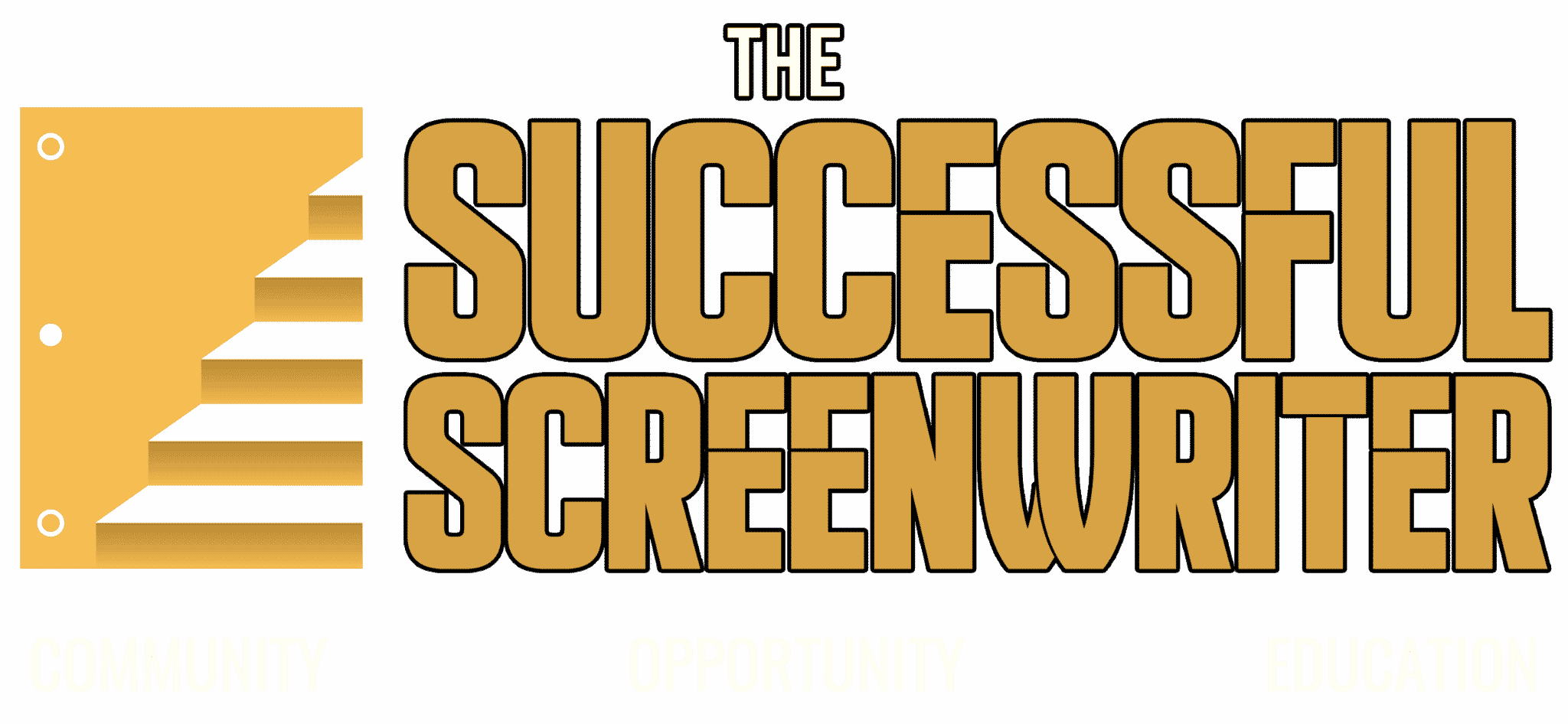I’ll just preface this by saying I’m really enjoying “The Falcon & the Winter Soldier”, even more so than “Wandavision”, which started off slowly, built up really well, and then crapped the bed in its finale. I love the chemistry between Sam and Bucky, and Zemo has been a welcome addition (shades of Supernatural, with Sam, Dean and Crowley), and there are enough great cameos and call-backs to previous franchises that it feels at once familiar and new (more Sharon Carter and Dora Milaje please). I can’t wait to see how it all unfolds.

That said, after watching the most recent episode (“The Whole World is Watching”), I noticed an interesting trend on social and mainstream media regarding the fallout of the storyline thus far. Without giving spoilers, the feedback I’ve seen is overwhelmingly focused (and at times almost celebratory) on the moral fall of John Walker, the new Captain America. The show introduces John in the first episode as a genuine war hero and Medal of Valor winner, who doubts if he’s the right choice to replace a super-powered icon. But his desire to both do good and please the people that look up to him, along with an overly-aggressive approach, sets him on his path to failure. It’s clear from the start that he’s no Steve Rogers, but really, is anyone in the MCU?
If Sam and Bucky, actual Avengers who helped to save the whole freaking universe, feel inadequate in the role, what hope is there for an otherwise ordinary man who’s just trying to follow orders to the best of his limited abilities? It doesn’t help that John is a stereotypical alpha male who acts before he thinks, and is so fixated on Sam and Bucky being the old Cap’s sidekicks, that he can’t accept the fact that they’re much better and more experienced at the superhero gig than he is. So he ignores their advice at every turn, expects them to treat him with the same respect they gave Steve (without having earned it, of course), and rushes in when discretion would be the better play. He’s a soldier so used to kicking ass and taking names, he never bothers to consider if he should talk it out first. And when he crosses the line no true hero can cross, he’s vilified, and rightfully so.
Despite his failings, the character is played with enough nuance and pathos to elicit some compassion, and yet the current climate makes it clear he’s intended to be the real villain in this play. I find this ironic, since the show establishes a truer villain over the last two episodes, who is treated with kid gloves by both the main characters in the show and the social media purveyors commenting on it over the past few days.

Of course, I’m talking about the main Super-Soldier / Flag Smasher – Karli Morgenthau. She’s shown in an increasingly compassionate light, and often speaks truth to power about the need for “one world” and the value of all life versus the injustices of haves and have-nots in a post-Blink world struggling to repatriate some four billion souls who reappeared after being thought dead for five years. I’ll give the writers huge credit for tackling an event as monumentally world-changing as this, and all the socio-political and economic implications it would have on an already strained system. The people who were left behind struggled to move on for five years, going through the most unimaginable loss, and somehow still managing to persevere in a testament to the human spirit.
Unlike in the comics, where the Flag Smashers are depicted as anarchist-terrorist villains through and through, the show presents them more as sympathetic freedom-fighters, doing what they do for the common man and woman. Everything Karli says underscores this throughline, and she’s portrayed with enough charisma and heart as to make us want to believe her. Unfortunately, her words run counter to everything she actually does. She’s a violent revolutionary, guilty of terrorism, assault, larceny, attempted murder, and most damning of all, actual murder. By the end of the latest episode, she has cold-bloodedly murdered four innocent people and hurt countless others – a series of acts even her cohorts can’t condone. She even threatens to kill innocent children if her demands are not met. Though she later says she didn’t really mean it, it’s hard not to take her at her earlier word based on her track record.
Karli is the most dangerous type of extremist – a zealot who ardently believes she is on the side of right to the extent that she will kill anyone who stands in the way of that ideal. Or worse, as the show demonstrates, she is happy to kill helpless people simply to prove a point. They are on the “wrong side” and therefore their deaths are somehow justified. In short, John kills out of anger; Karli does it to further her agenda. The troubling thing is, no one (at least yet) calls her out for this hypocritical – and utterly psychopathic – mentality. She’s framed as some kind of Robin Hood-esque champion of the people. But I don’t recall Robin tying up the Sheriff of Nottingham’s guards and then slaughtering them before taking off with the Sheriff’s money.
I have yet to see a single article that brings up this volatile “if you’re not with us, then you’re against us” mentality that the Flag Smashers share with just about every other extremist group on the planet, and how it prevents them from being actual public champions. It does showcase this as a negative trait in John Walker, but not in Karli. The ends don’t justify the means just because you agree with one set of ends but not the other.

One intriguing takeaway is that, in how the show is framed thus far, it increasingly demonstrates that Zemo might have been right all along. The more power a person has, the more out of touch they risk becoming with ordinary humans. Gods are only as benevolent as they choose to be, and as the show reveals, even the most well-meaning gods can fall from grace when faced with mortals who don’t adhere to their holy words. Zemo is the only one with enough conviction to destroy the Super-Soldier serum if given the chance, rather than taking it for himself. In this way, he’s one of the only characters who’s not a hypocrite. He is exactly what he claims to be – a villain, yes, but one who stays true to his convictions. Can any other character in the show say the same?
It’ll be interesting to see where the storylines go. Will John Walker simply become a cartoon villain as the current path indicates? Will Karli be sainted despite her unforgivable actions? Will Sam fall in line with the Flag Smashers, only to become their Captain America? Will Zemo be proven wrong about true heroes in our midst? Will Bucky end up a sidekick to the new Cap and repeat history? Or will the show risk giving as nuanced and complex an ending to all of them as great characters deserve? Only time will tell.
Neil Chase is an award-winning screenwriter, novelist, story coach, and actor from Edmonton, Canada. www.neilchasefilm.com. Follow on Facebook (@neilchasefilm) and Instagram (@neilchasefilm).
Sponsors
- The Guide For Ever Screenwriter – (Paperback) (Free Ebook)
- We Fix Your Script – (Free Consultation)
- Script Summit Screenplay Contest – (Early Bird Submission)
Screenwriting Resources
- Recommended Books
- Screenwriting Courses
- Free Hollywood Screenplays to download
- Free Instructional Videos
Keep in touch with The Successful Screenwriter
Facebook – The Successful Screenwriter
Twitter – @screenwriterpod
Instagram – @thesuccessfulscreenwriter
Youtube – The Successful Screenwriter
CHECK OUT OUR COMFY SWAG

Screenwriting Podcast, Screenwriter, Screenwriting, The Falcon and The Winter Soldier, Marvel Universe, Writing a villain

